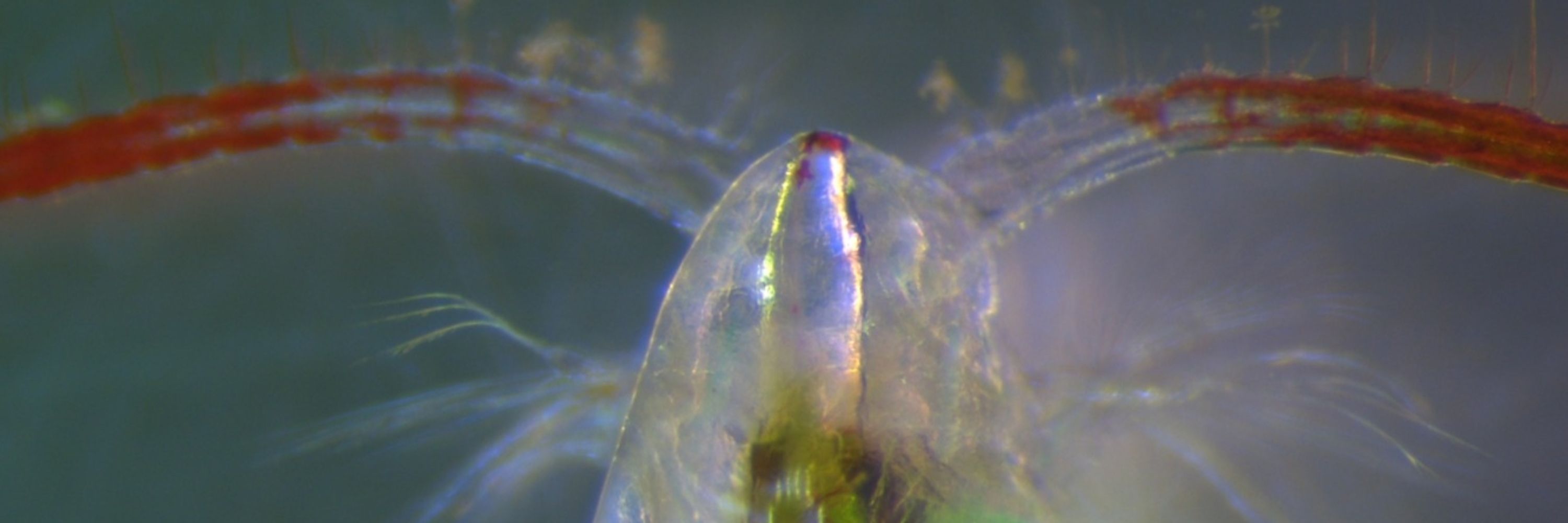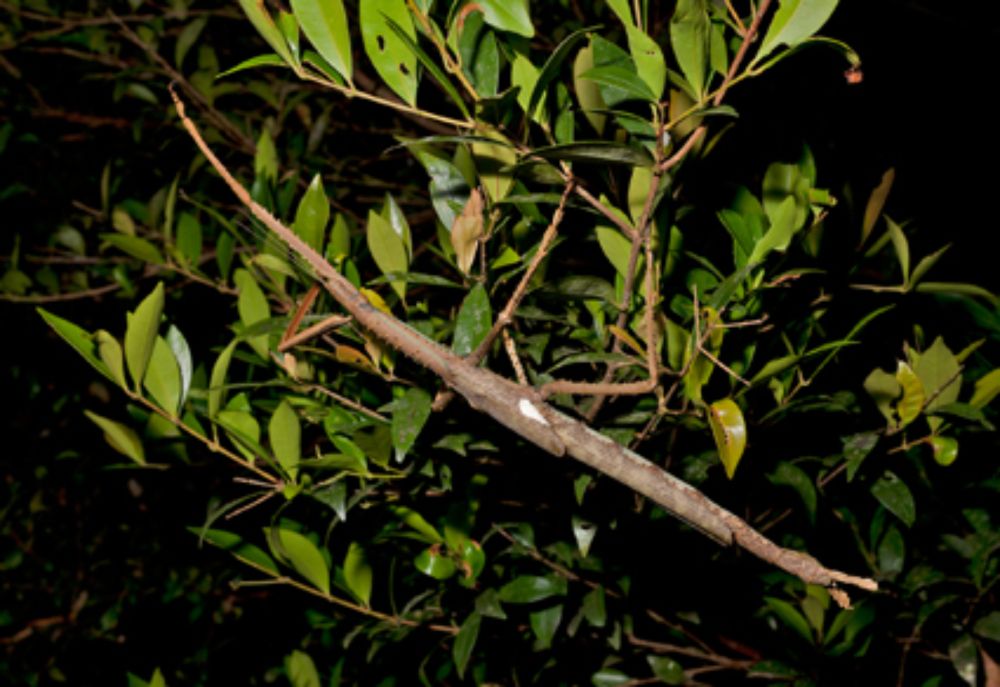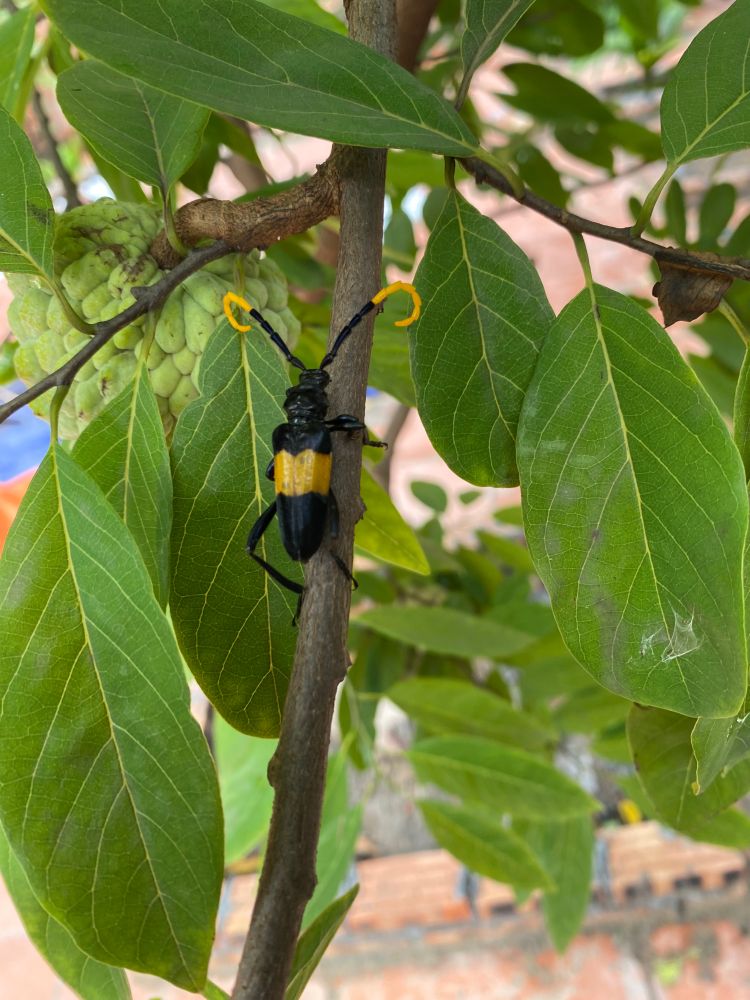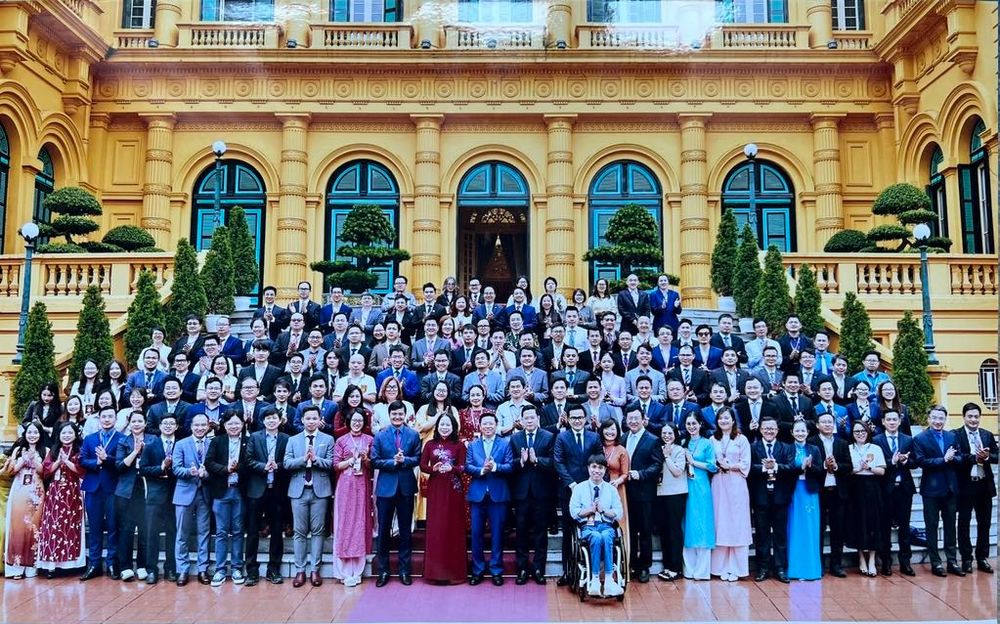Khuong Dinh
@khuongdinh.bsky.social
1K followers
170 following
120 posts
Winter stress ecology | Global change biology | Multiple stressors | Ecotox | Zooplankton | RCN Young research talent fellow (PI) at AQUA @Biovitenskap, @UniOslo
Posts
Media
Videos
Starter Packs
Reposted by Khuong Dinh
Dr Chris Clements
@expecocons.bsky.social
· Sep 16

Multivariate signals of population collapse in a high‐throughput ecological experiment
Anticipating population declines is a crucial goal of conservation ecology. Recent conceptual work suggests that populations facing growing stressors should exhibit sequential shifts in behavior, mor....
esajournals.onlinelibrary.wiley.com
Khuong Dinh
@khuongdinh.bsky.social
· Sep 6

Ecological and evolutionary consequences of changing seasonality
Climate change and other anthropogenic drivers alter seasonal regimes across freshwater, terrestrial, and marine biomes. Seasonal patterns affect ecological and evolutionary processes at different eco...
www.science.org
Reposted by Khuong Dinh
Khuong Dinh
@khuongdinh.bsky.social
· Aug 21
Steve Thackeray
@thackers.bsky.social
· Aug 21
Senior Freshwater Ecologist
Salary - £48,414 - £51,377 Hybrid working (50/50) Permanent We reserve the right to close this advert early if we find the right candidate, so we encourage you to apply early. We are seeking a highly ...
ceh.wd3.myworkdayjobs.com
Khuong Dinh
@khuongdinh.bsky.social
· Aug 10
Khuong Dinh
@khuongdinh.bsky.social
· Aug 10
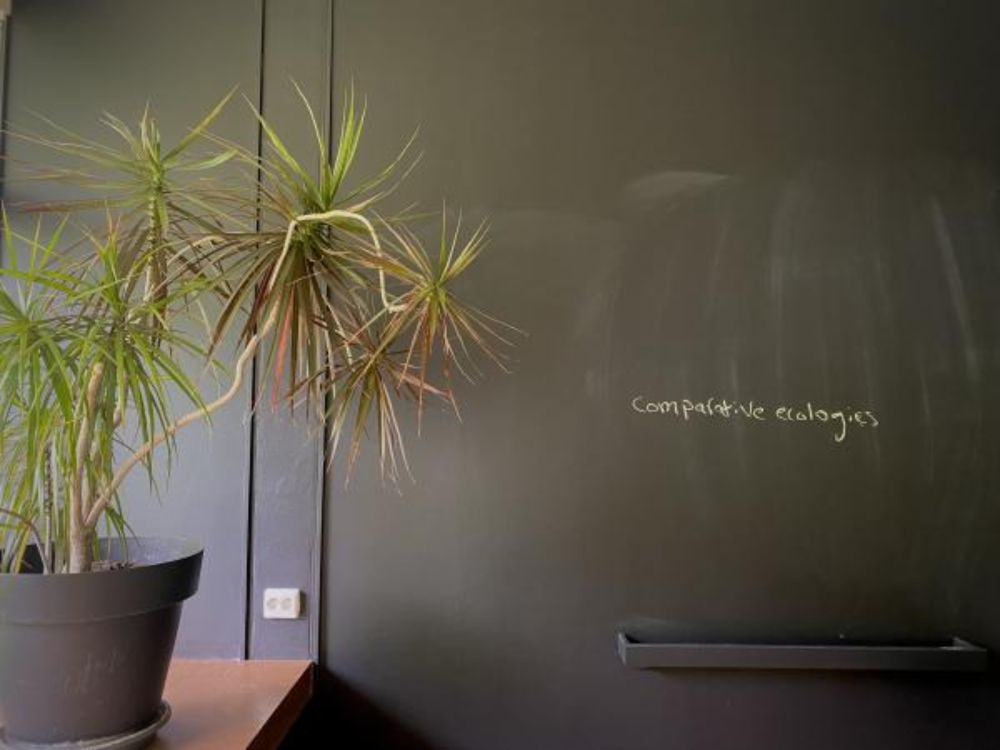
BLOG | Comparative Ecologies of Conflict
From 2 to 6 June, 2025, NIOD researchers, Dat Nguyen, Annika Schmeding, and Lema Salah, in collaboration with Omar Dewachi (Rutgers University) and Duong Vu (Westerdijk Institute), organised a worksho...
www.niod.nl
Khuong Dinh
@khuongdinh.bsky.social
· Aug 8

Reconsidering space-for-time substitution in climate change ecology - Nature Climate Change
Ecologists often leverage patterns observed across spatial climate gradients to predict the impacts of climate change (space-for-time substitution). We highlight evidence that this can be misleading n...
www.nature.com
Khuong Dinh
@khuongdinh.bsky.social
· Aug 3
Khuong Dinh
@khuongdinh.bsky.social
· Aug 1
Reposted by Khuong Dinh
